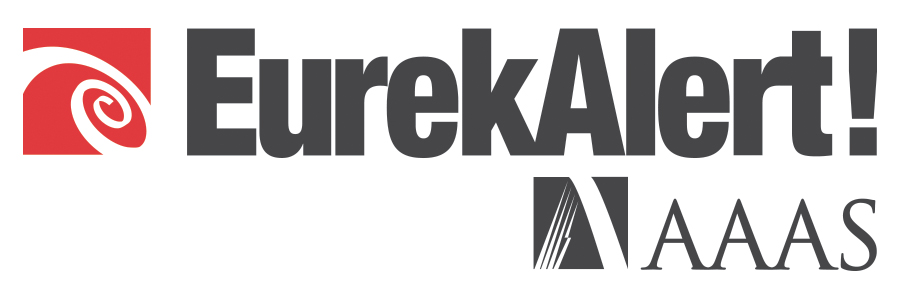
People with vision impairment are more cautious when stepping over obstacles when walking – but increase their risk of falls, according to a new study published in the journal Scientific Reports.
Researchers at Anglia Ruskin University (ARU) asked participants with simulated blurred vision to negotiate a 10cm-high obstacle on the floor under increasing time pressure. The way they negotiated the obstacle was recorded, as was their gaze.
The results showed people with impaired vision lifted their lead foot 43% higher and 10% slower over the obstacle than the control group, even when walking 20% faster. However, this pronounced gait was observed to affect their stability.
The group with vision impairment showed 32% more anxiety than the control group irrespective of time pressure. They also looked down more frequently and for longer when approaching the obstacle.
Professor Shahina Pardhan, Director of the Vision and Eye Research Institute at ARU, said: “Walking with vision loss requires significantly more mental effort, and this research shows that even when performing a simple task like stepping over an obstacle, people with sight problems have considerable anxiety about falling, particularly when they might be in a hurry.
“While the lifting of the lead foot higher over the obstacle gives more clearance, it also means they are less stable when negotiating it, which could cause them to lose their balance.
“Around half of all vision impairment is preventable, It is vital that people do all they can to identify and correct their vision impairment when they can, as it would certainly lead to fewer falls and therefore less pressure on emergency services.”
ARU is working with several partner organisations to deliver the UK National Eye Health and Hearing Study – the first ever comprehensive study into the nation’s vision and hearing health.
It is hoped that comprehensive data about the UK’s sensory health will help guide policy and lead to better and more efficient vision and hearing care.
###
Disclaimer: AAAS and EurekAlert! are not responsible for the accuracy of news releases posted to EurekAlert! by contributing institutions or for the use of any information through the EurekAlert system.

